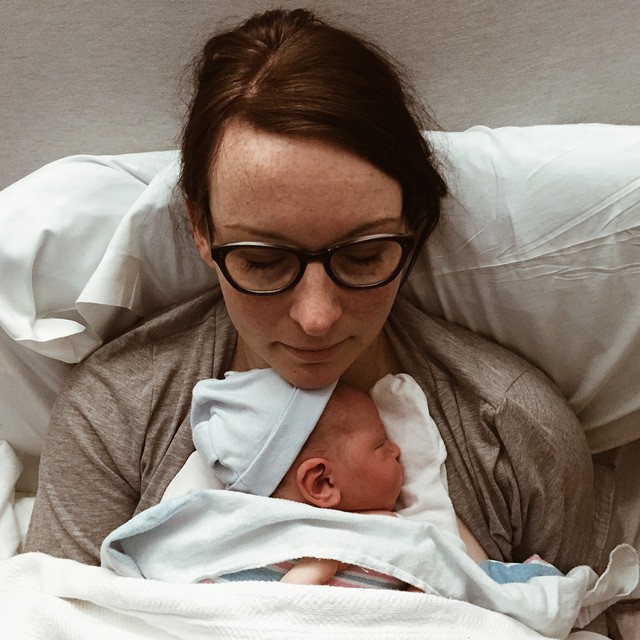In an opinion piece published in the Irish Times yesterday I responded to a report from Michael Kelly on the ‘Engagement and Consultation Process on a Technological University for the South-East‘. Today I’m going to expand on my earlier piece, and explore some of the other issues involved in setting up a Technological University in the South-East. I’m indebted to a number of people, from Waterford, Carlow, and further afield, who contacted me about this over the last few days.
MacGill Summer School
I’m just back from Glenties, in Donegal. I spent a few days at the MacGill Summer School. The School is an annual event, and has been running since 1981. If you wish, you can watch every session on the Donegal County Council website here. I saw most of the sessions form the Wednesday evening to the last session on Friday. MacGill drew a certain amount of criticism this year. One letter in the Examiner described it “nothing more than a ‘talking shop’ or junket for ‘has beens’ or ‘wannabes’. It offers nothing constructive to help solve problems of this country.” In a piece in the business section of the Irish Times Caroline Madden suggests that for the cynical it might be “a talking shop where navel-gazing represents the chief activity”. I don’t altogether agree.
Children’s rights and same-sex marriage
Children have the right to be parented. There is a duty on society, and the state, to support both parents, and children, in meeting this need. Everyday experience, and abundant scientific evidence, tell us of the importance and significance of the parent in the life of every child.
Portaloise – the HIQA report
The widely leaked HIQA report into Portaloise Hospital is out now. The various pieces can be downloaded from www.hiqa.ie
- Executive Summary and Recommendations
- Full Investigation Report,
- Terms of reference of the investigation
- Members of the investigation team
- Speaking notes for press conference
The context is well known, serious failing in maternity care in Portlaoise, identified by a great team of reporters from the RTE programme PrimeTime investigates, and detailed in a very clear, and very explicit, report from Tony Holohan, the CMO.
Child outcomes in families of same-sex couples – some evidence
I have looked at recent evidence on the outcomes for children raised by same-sex parents. The short version is that there is no evidence for worse outcomes in children raised by same-sex couples. My detailed review of these studies, with references, is elsewhere on this website.
DOCTRID conference – selected notes
I’m just back from the fourth DOCTRID conference in Belfast. DOCTRID is the research arm of the Daughters of Charity. It funds and oversees research in the field of ID and autism by bringing experts from medicine, social science, education, computer science and engineering together. DOCTRID was established in 2010 as an international, interdisciplinary coalition of universities, service providers dedicated to improving the quality of life for people with Intellectual Disabilities (ID) and autism through research and technology.
Primary care and the new GP contract
The new GP contract was the subject of much debate and discussion at the IMO AGM over the weekend, and the members have supported it. There are more details of the draft contract on the IMO website, but all seem to be in the members-only section. (As I’m a member I can read them, but I don’t think it appropriate to share more widely). The council of the other main GP representative body, the NAGP, met on Sunday, and are reported as having rejected it unanimously. What is going on?
Adoption and same-sex couples – some evidence
In the light of recent discussion on the Child and Family Relationships Bill, and some issues raised by the referendum on marriage equality, I have looked at recent evidence on the outcomes for children adopted by same-sex parents. The short version is that there is no evidence for worse outcomes in children adopted by same-sex couples. My judgement is that there is enough evidence to support equality in adoption for same-sex, and heterosexual couples. I believe that the onus is on those who argue against allowing adoption by same-sex couples, to to produce the evidence to support their case. In a future post I will look at the wider evidence on children raised by same-sex couples.
Primary care – can pharmacists fix it?
The IPU held a seminar today, reported by Paul Cullen in the Irish Times. I wasn’t at it, but I found the report intriguing. Based on Paul’s report, and the press release on the IPU website, the general proposition was that ‘Pharmacists hold key to reducing pressure in GP’s surgeries’.
‘On Wednesday We Wear Pirate Hats’ The BT Young Scientist &Technology Exhibition and the state of younger people in Ireland
I was lucky enough to be one of the judges at the BT Young Scientist’s exhibition in Dublin in the first week of January. This gave me two rather different opportunities to see Irish school children. First, I got to meet the people who put in projects. These included the eventual winners, Ian O’Sullivan and Eimear Murphy from Cork, and about forty other people, all aged between 12 and 18, whose group projects, all entered into the Social and Behavioural Sciences section of the exhibition, I got to judge. (Every single project gets judged three times, independently, and those in the running for prizes are reviewed by further judges.)

